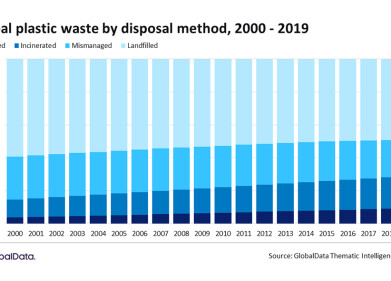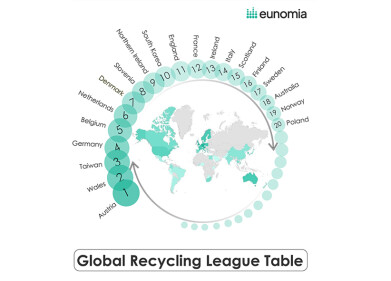Waste Management
How Tofu Became the Green Energy Solution for a Village in Indonesia
Jul 07 2016
A small village in East Java has come up with an unlikely solution to its energy crisis – tofu. The vegetarian alternative protein source is an incredibly popular commodity in the village of Kalisari with more than 150 independent tofu producing businesses.
Now, it appears to be providing more than just sustenance to the locals, as the wastewater from the process is being harnessed to create biogas, a useful energy source capable of powering many homes and businesses in the village.
Worth the expense
Producing tofu can be a costly business. Primarily, this comes in the form of the amount of water needed to create it; roughly 33 litres of H20 go into every kilogram of product. Furthermore, the process also requires the addition of ascetic acid, adding another overhead to an already expensive business.
However, the latest technology adopted by the villagers of Kalisari certainly makes it worth the money and effort. Instead of being discarded into sewage systems and finding its way into the ocean, the wastewater is instead being used to create biogas. When contained in a specialised tank and treated with a specific bacteria, the waste can turn into enough energy to power more than 100 homes in the region.
Biogas is an increasingly popular energy source, though up until now, it has been mostly utilised in developed nations like Germany and the United States. The remarkable breakthrough in Indonesia shows that it has a place in powering more remote homes, as well, since it represents a cheap and clean source of energy.
Multiple advantages
At its outset, the scheme only used one tank to treat the wastewater; due to its popularity and success, the village now boasts five. Indeed, officials from outlying towns and villages have visited Kalisari to learn about the process and incorporate it into their own energy production plans, and the technique has been given the support and encouragement of the Indonesian government.
As well as the obvious environmental benefits of using biogas as opposed to fossil fuels, the tofu is also cheaper and more reliable for households, as well. With a theoretically never-ending supply of energy, the tofu is a far more dependable source of energy than the conventional gas tanks which are delivered to the village at erratic intervals.
Furthermore, it also costs roughly the third of the price of the traditional gas, meaning it is a positive development all round for Kalisari villagers.
Indonesia turning a corner?
Indonesia has long been regarded as one of the worst polluters in the world, emitting significant amounts of carbon and other greenhouse gases (GHGs). However, they recently pledged to cut carbon emissions by 29% by 2030 and are taking steps to reduce their carbon footprint.
Of course, tofu on its own will not save the planet, but it is a step in the right direction and goes to show that clean, renewable energy can be found where you least expect it. Indeed, biogas has something of a track record when it comes to turning apparently useless waste products into energy - as can be seen at the Blue Mountain Biogas Plant in Beaver County, Utah, where pig manure is converted into a vital source of power.
Events
Jul 10 2024 Birmingham, UK
Jul 21 2024 Cape Town, South Africa
Australasian Waste & Recycling Expo
Jul 24 2024 Sydney, Australia
IWA World Water Congress & Exhibition
Aug 11 2024 Toronto, Canada
Aug 25 2024 Stockholm, Sweden and online













